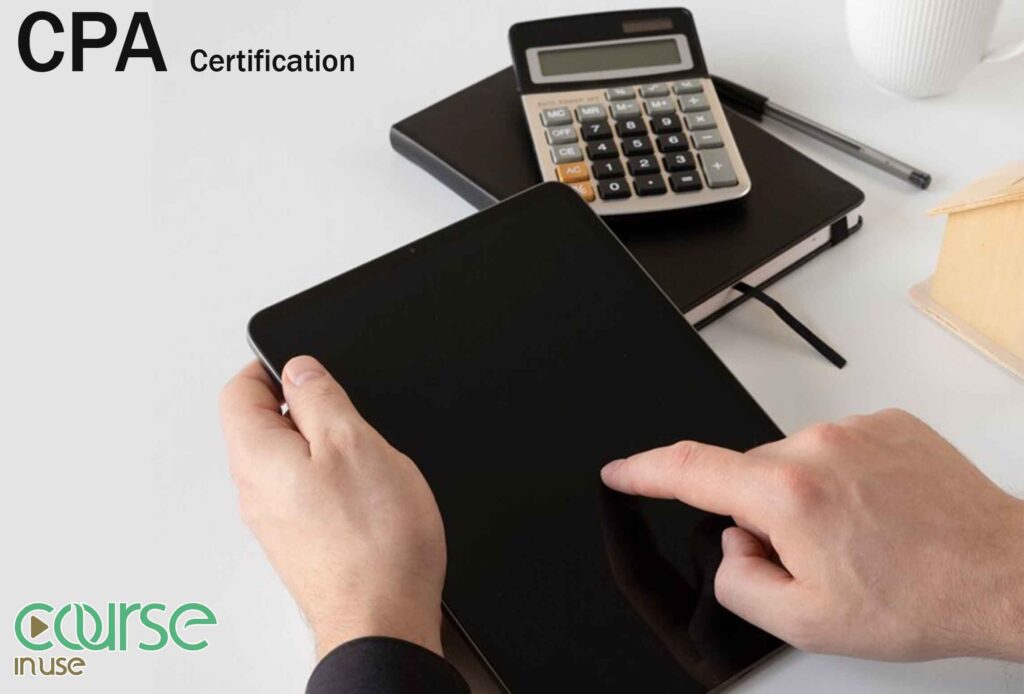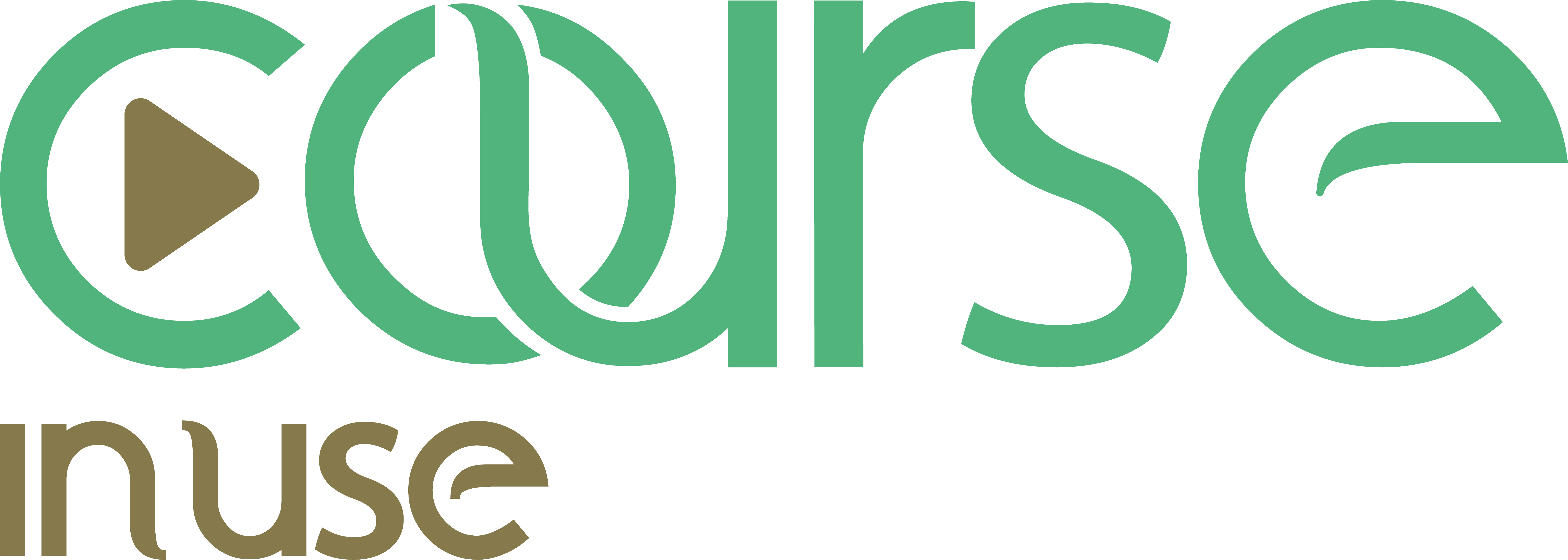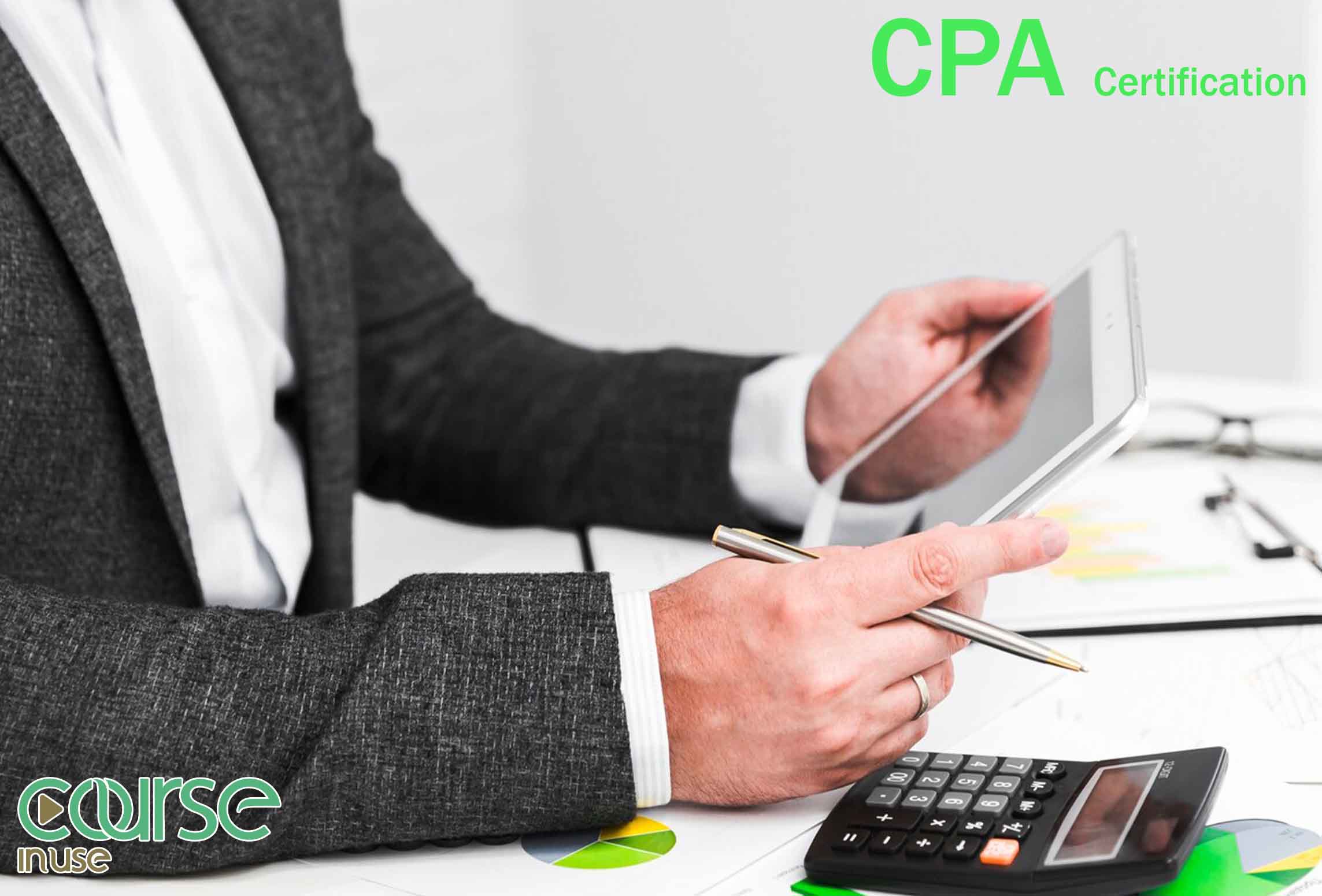Becoming a Certified Public Accountant (CPA) is a big achievement. It can lead to a fulfilling and well-paying career in accounting. This article will show you how to get CPA certification. It will help you reach your goals in finance and accounting.
Key Takeaways
- Earn the prestigious CPA certification to enhance your accounting career
- Gain credibility and expertise in the financial industry
- Increase your earning potential and job opportunities
- Understand the requirements and exam structure for CPA certification
- Explore the diverse career paths and leadership roles available for CPAs
Unlock Your Potential with a CPA Certification
Getting a CPA (Certified Public Accountant) certification is a big step in your accounting career. It shows you know a lot about accounting, taxes, and financial reports. This makes you an expert in your field. The benefits of getting a CPA certification are many, like boosting your CPA credibility, increasing your CPA earning potential, and helping you move up in your accounting career.
Gain Credibility and Expertise
The CPA certification is very respected in the accounting world. It tells employers and clients you really know your stuff. By getting this certification, you show you’re knowledgeable and reliable. This boosts your CPA credibility and makes you a valuable part of any team.
Increase Your Earning Potential
CPAs usually make more money than non-certified accountants. A recent survey found CPAs in the U.S. make an average of $73,800. This means more money and better job opportunities for you.
“Becoming a CPA has opened doors for me both professionally and financially. The recognition and respect that come with this certification have been invaluable in my career.
| Benefit | Description |
| CPA Credibility | The CPA certification is a widely recognized credential that demonstrates your expertise and professionalism in the field of accounting. |
| CPA Earning Potential | CPAs typically earn higher salaries compared to non-certified accountants, with the average CPA salary in the United States being $73,800. |
| Accounting Career Advancement | The CPA certification can open doors to new opportunities, such as senior-level positions and management roles, further enhancing your career prospects. |
Understanding the CPA Exam
The Certified Public Accountant (CPA) exam is a key step for those wanting to work in accounting. It tests your skills in areas like accounting, auditing, and taxation. Getting a CPA certification opens many career doors.
The exam has four parts, each covering different aspects of accounting. You’ll need to show you know about financial reporting, auditing, and business concepts.
To do well, you must understand the exam’s layout and what it covers. Knowing the format and scoring helps. It’s also important to know your strengths and weaknesses to plan your study.
CPA Exam Overview
- Four-part assessment covering financial accounting, auditing, taxation, and business concepts
- Administered by the American Institute of CPAs (AICPA)
- Candidates must pass all four sections to obtain the CPA certification
CPA Exam Structure
| Section | Content | Duration |
| Financial Accounting and Reporting (FAR) | Financial accounting, reporting, and analysis | 4 hours |
| Auditing and Attestation (AUD) | Audit procedures, internal controls, and professional responsibilities | 4 hours |
| Regulation (REG) | Federal taxation, business law, and ethics | 4 hours |
| Business Environment and Concepts (BEC) | Business operations, economics, and corporate governance | 4 hours |
Passing the CPA exam takes hard work and a good study plan. By putting in the effort, you can achieve success and find great jobs in accounting.
Eligibility Requirements for CPA Certification
Becoming a Certified Public Accountant (CPA) is a big achievement. It needs specific education and experience. Aspiring CPAs must show their hard work, knowledge, and skills to get this certification.
Educational and Experience Prerequisites
To get CPA certification, you must meet certain requirements:
- Get a bachelor’s degree from an accredited school.
- Finish at least 150 college credits, with some in accounting and business.
- Have some work experience in accounting or finance, usually one to two years.
These rules change by state. So, it’s important for those wanting to be CPAs to know the CPA certification requirements, CPA education requirements, and CPA experience requirements in their area.
“The path to CPA certification may seem challenging, but the rewards it brings in terms of credibility, expertise, and earning potential make the effort well worth it.”
By meeting these criteria, people show they’re serious about accounting. They set themselves up for success in their career.
Preparing for the CPA Exam
Passing the CPA exam takes a lot of time and effort. To succeed, candidates use different CPA study strategies and CPA study resources. This helps them get ready for the tough test.
1.Develop a Comprehensive Study Plan
Having a detailed study plan is key for CPA exam preparation. Here’s what aspiring CPAs should do:
- Check their current knowledge and find areas to improve.
- Set achievable goals and timelines for each exam section.
- Look into various CPA study resources, like review courses and online materials.
- Make sure to study regularly throughout the prep period.
2.Utilize Diverse CPA Study Resources
CPA candidates should use many study resources to boost their success:
- Comprehensive review courses with lessons and practice questions.
- Online materials, such as video lectures and interactive quizzes.
- Practice exams that mimic the real CPA exam.
- Connect with other CPA candidates for study tips.
“The key to passing the CPA exam is to develop a tailored study plan and leverage a variety of high-quality resources. Consistency and dedication are essential for success.”

By sticking to a CPA study plan and using many CPA study resources, aspiring CPAs can better their chances of passing. This will help them reach their professional goals.
CPA Certification Exam Structure
Aspiring certified public accountants (CPAs) face a detailed exam to show their expertise. The CPA exam has four main sections. Each section tests a candidate’s knowledge and skills in different areas of accounting and finance.
The four sections of the CPA exam are:
- Auditing and Attestation (AUD) – This section checks a candidate’s grasp of auditing procedures, standards, and reports. It also looks at their ability to verify financial information’s reliability.
- Business Environment and Concepts (BEC) – This section evaluates a candidate’s understanding of business operations, economics, and information technology. It also tests their ability to analyze and interpret business data.
- Financial Accounting and Reporting (FAR) – This section focuses on a candidate’s skill in financial accounting and reporting standards. It includes preparing and analyzing financial statements.
- Regulation (REG) – This section examines a candidate’s knowledge of federal taxation, business law, and ethics. It also checks their ability to apply relevant regulations and codes of conduct.
To pass the CPA exam, candidates must score well in each of these four sections. The CPA exam scoring system ensures only the most skilled and knowledgeable individuals get certified.
| CPA Exam Section | Focus Areas | Passing Score |
| Auditing and Attestation (AUD) | Auditing procedures, standards, and reports; assessing financial information reliability | 75 |
| Business Environment and Concepts (BEC) | Business operations, economics, information technology, and data analysis | 75 |
| Financial Accounting and Reporting (FAR) | Financial accounting and reporting standards, financial statement preparation and analysis | 75 |
| Regulation (REG) | Federal taxation, business law, and ethics; application of relevant regulations and codes | 75 |
Understanding the CPA exam structure and each section’s focus helps aspiring CPAs plan their study. This way, they can increase their chances of passing the exam.
Maintaining Your CPA License
Earning a CPA certification is a big achievement. But, it’s just the start. To keep your license, you must meet ongoing CPA continuing education needs. This keeps you current with the latest in accounting.
Continuing Professional Education (CPE)
As a CPA, you need to get a certain number of CPA professional development hours each year. You can get these CPE credits in many ways, like:
- Going to conferences, seminars, and workshops
- Taking self-study courses online or through webinars
- Doing in-house training
- Writing articles or books
The number of CPA license maintenance hours you need varies by state. Most states ask for between 20 and 40 CPE hours a year. It’s crucial to keep up with these rules to keep your license active.
| State | Annual CPE Requirement |
| California | 80 hours every 2 years |
| New York | 40 hours per year |
| Texas | 120 hours every 3 years |
| Florida | 80 hours every 2 years |
“Maintaining your CPA license through continuous learning and development is essential for career-long success and client trust.”
Career Opportunities with a CPA Certification

Getting a CPA certification opens many doors in accounting and finance. You can work in public accounting, corporate finance, government, or non-profits. The CPA lets you choose from many specializations and grow in your career.
Some CPA career paths you might consider include:
- Public Accounting: Work for big accounting firms, doing audits, taxes, and consulting.
- CPA job opportunities in Corporate Accounting: Join a company’s finance team, handling reports, budgets, and big decisions.
- Government Accounting: Use your skills in federal, state, or local government, ensuring rules are followed and funds are managed.
- Nonprofit Accounting: Help non-profits, schools, and charities with their finances.
- Entrepreneurial Endeavors: Start your own accounting or consulting firm, serving a wide range of clients.
The CPA career advancement options are vast. You can explore many specializations and leadership roles. With a CPA, you’re set for success and can help your organization grow.
| CPA Career Path | Key Responsibilities | Potential Salary Range |
| Public Accounting | Auditing, tax preparation, consulting | $55,000 – $120,000 |
| Corporate Accounting | Financial reporting, budgeting, strategic decision-making | $65,000 – $150,000 |
| Government Accounting | Compliance management, public fund oversight | $50,000 – $95,000 |
| Nonprofit Accounting | Financial operations, grant management, compliance | $45,000 – $90,000 |
| Entrepreneurial Accounting | Providing accounting and consulting services to clients | $60,000 – $200,000+ |
“The CPA certification has opened up a world of opportunities for me. It has not only enhanced my credibility but also allowed me to take on increasingly responsible roles within the finance department of my organization.”
CPA Certification: A Pathway to Leadership Roles
Getting a CPA certification opens up many career paths. It’s a key to top leadership and executive jobs. CPAs are in high demand because of their deep financial knowledge, strategic thinking, and management skills.
Explore Executive Positions
With a CPA certification, you can find many executive jobs. These include Chief Financial Officer (CFO), Controller, and Vice President of Finance. These roles let you use your financial skills, make important decisions, and help the company grow.
In these roles, you’ll manage the company’s finances, follow financial rules, and guide the leadership team. Your CPA certification shows you can handle tough financial issues and make smart, data-based choices.
| CPA Leadership Roles | Key Responsibilities | Average Salary (U.S.) |
| Chief Financial Officer (CFO) | Oversee financial operations, financial planning, and strategic decision-making | $144,000 – $350,000 |
| Controller | Manage accounting, financial reporting, and internal controls | $80,000 – $150,000 |
| Vice President of Finance | Provide strategic financial leadership and manage finance department | $120,000 – $270,000 |
Getting your CPA certification shows you’re dedicated to excellence. It proves you understand finance deeply and can lead in CPA leadership roles and CPA executive positions. This can really boost your CPA career advancement chances and lead to great leadership jobs in your field.
CPA Certification: Your Ticket to Global Mobility
The CPA certification is your key to the world of international accounting. It’s widely recognized and respected. This credential opens doors to global career opportunities, letting you explore new horizons.
Whether you dream of working for big companies, sharing your skills in different markets, or building an international network, the CPA certification is your tool. It gives you the skills and credibility to succeed globally.
As a CPA, you can work in various countries, adapting your skills to fit different needs. This flexibility lets you experience new cultures, gain valuable experience, and help businesses worldwide succeed. The CPA certification boosts your career and makes you a valuable asset globally.
Start your journey to international success with the CPA certification. It opens doors to new career paths, expands your network, and lets you make a global impact. With the CPA credential, your international career is just starting.
FAQ
What is the CPA certification and what are its benefits?
The CPA (Certified Public Accountant) certification shows you’re an expert in accounting, finance, and taxes. It boosts your credibility and pay. It also opens many career doors in accounting and finance.
What are the eligibility requirements for obtaining a CPA certification?
To get a CPA certification, you need a bachelor’s degree and specific courses in accounting and business. You also need work experience in accounting or finance.
What is the structure of the CPA exam, and how can I prepare for it?
The CPA exam has four sections: AUD, BEC, FAR, and REG. To pass, use study strategies like review courses and practice exams. Online materials can also help.
How can I maintain my CPA license after obtaining the certification?
To keep your CPA license, you must complete Continuing Professional Education (CPE) hours. This keeps you updated with industry standards and practices.
What career opportunities are available to CPA professionals?
CPAs have many career paths, like public accounting, corporate accounting, and government roles. They’re also sought for leadership positions like CFO or Controller.
How can a CPA certification enhance my global mobility and career prospects?
The CPA certification is respected worldwide. It helps you find jobs in different countries. It also expands your professional network and lets you work in various markets.




